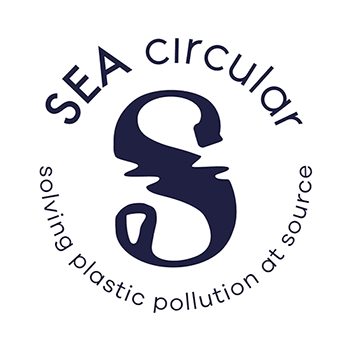These case studies from from the UN Environment Programme complement the “Regional Seas Follow Up and Review of the Sustainable Development Goals (SDGs) – Conceptual Guidelines”, which provides good examples and practical guidance to enhance the role and contribution of regional seas to the SDG follow-up and review process, in line with UN General Assembly and UNEA resolutions and Global Meetings for the Regional Seas Conventions and Action Plans. These case studies enable more in-depth analysis for a number of regional seas, with specific suggestions and actions for the future strengthened reporting on the SDGs.
country list: Thailand
Addressing marine plastics: A systemic approach – Stocktaking Report
This stocktaking report from the UN Environment Programme takes stock of the extent of knowledge on plastics in the marine environment. It provides a high level summary of the available literature on the key sources and locations of these plastics, along with an analysis of the problem products and polymers making up marine plastics and microplastics. It also looks at what is currently being done to address the problem of marine plastics and summarises existing policy responses in order to lay the groundwork for future action.
Plastic Ocean
This film was created with plastic waste collected from the streets of Bangkok, Thailand. By 2050, scientists predict there will be more plastic in the ocean than fish. The message is that plastic pollution is a global problem which everyone can help to solve. #CleanSeas #BeatPlasticPollution.
How humans are turning the world into plastic
Modern life would be impossible without plastic – but we have long since lost control over our invention. Why has plastic turned into a problem and what do we know about its dangers?
#CleanSeas – Reducing microbeads by Nadya Hutagalung
Media personality Nadya Hutagalung supports #CleanSeas by calling on the cosmetics industry to stop adding plastic microbeads to their products. As many as 51 trillion microplastic particles – 500 times more than stars in our galaxy – litter our seas, seriously threatening marine wildlife.
Plastics and shallow water coral reefs: Synthesis of the science for policy makers
This brief from the UN Environment Programme provides policy and management recommendations for addressing and reducing the impacts of plastics on shallow water coral reefs, based on current scientific knowledge. The brief contributes to achieving the related global, national and regional goals and targets, including the Sustainable Development Goals (SDGs). The brief promotes integrated planning and management, awareness-raising, and other efforts to improve and standardize the monitoring of plastics on reefs. It is primarily aimed at national and state policy makers.
“It’s not me, it’s you.”: #CleanSeas Break-Up PSA
Sandra realizes she has been in a toxic relationship for too long and decides it’s time for a break-up. What’s more, she has found a new love.



